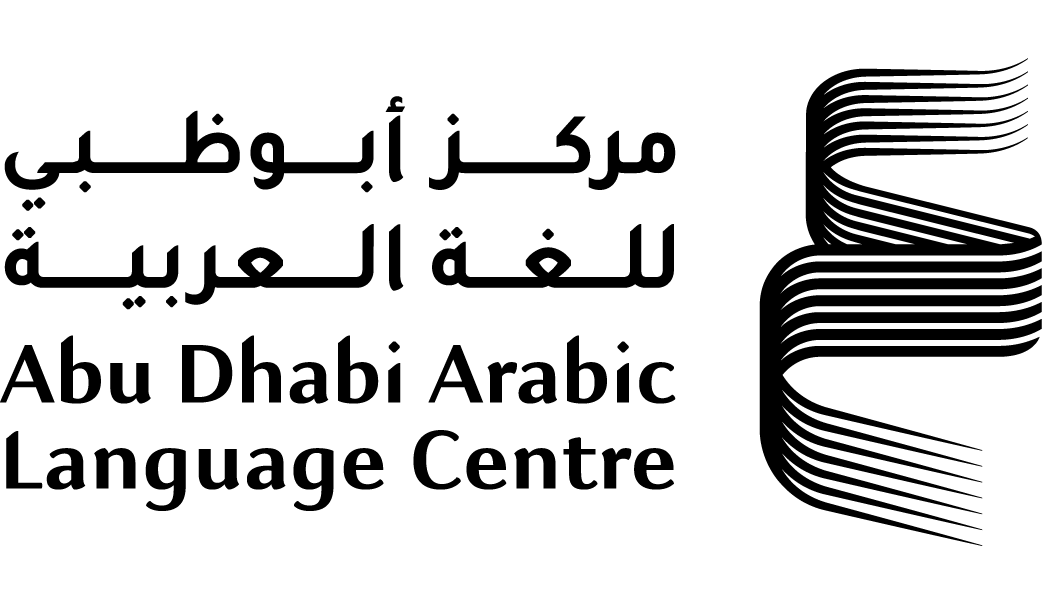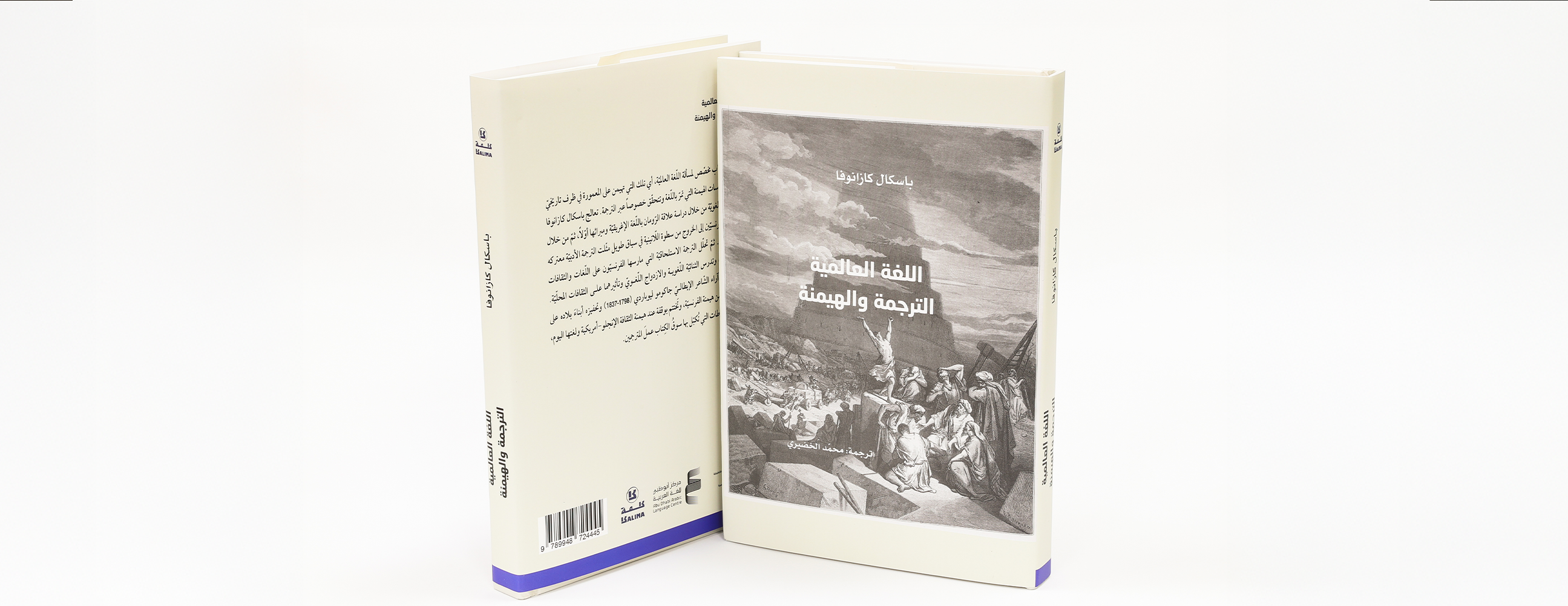Under the Kalima Translation Project, the Abu Dhabi Arabic Language Centre (ALC), part of the Department of Culture and Tourism - Abu Dhabi (DCT Abu Dhabi), has published the Arabic translation of "La Langue mondiale: Traduction et domination" (The World Language: Translation and Domination) by Pascale Casanova, translated into Arabic by Mohamed El Khadiri and edited by Dr Kazim Jihad.
It was Casanova’s final work, completed before her passing in 2018, and reflects her contributions to the fields of cultural sociology and literary critique. In his preface to the translation, editor Dr Kazim Jihad noted that a key theme in Casanova’s thought is the uneven distribution of cultural opportunities between nations, and the centralised control by certain European capitals over the circulation and critique of texts, particularly through the access they provide or deny to translation and distribution.
In her book, Casanova traced linguistic dominance by first examining the relationship between the Romans and the Greek language and its legacy, followed by the French struggle to break away from the dominance of Latin, noting the central role that literary translation played in this process. She also analysed the practices of "appropriative translation" and "acquisitive recovery", which the French implemented over other languages and cultures. In addition, she discussed the phenomena of bilingualism and diglossia, outlining their impact on local culture.
On a related note, the author dedicated part of the book to analysing the views of the Italian poet Giacomo Leopardi, who encouraged Italians to resist French linguistic hegemony and warned against adopting France’s "appropriative" strategies in translation and authorship.
Casanova concludes her work by examining the present-day dominance of Anglo-American culture and language, and the constraints that the book market places on translators. A key argument of the book is that linguistic hegemony is largely a matter of perception and not always rooted in objective reality. The best way to resist a dominant language, she suggests, is to adopt a "defiant" stance: to reject the false narrative of a language hierarchy and to recognise the arbitrary nature of the dominance of any given language.
![alc-default-cursor]()

